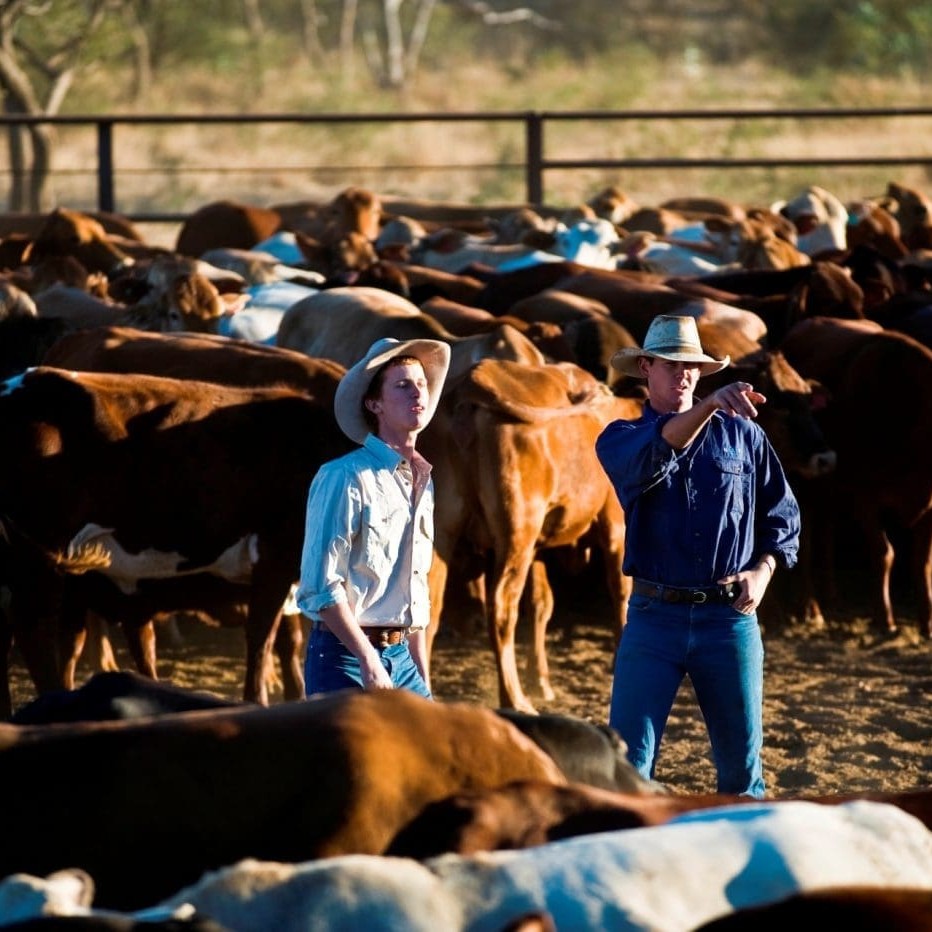 Food security is fast moving to the global centre stage – if Australia is going to potentially feed a growing local and international population, then the viability of the agriculture sector will rely heavily on its workforce.
Food security is fast moving to the global centre stage – if Australia is going to potentially feed a growing local and international population, then the viability of the agriculture sector will rely heavily on its workforce.
Unfortunately, the agriculture industry is experiencing a skills shortage which will continue to occur well into the end of this decade.
We only have to look at the statistics, 318,000 people are directly employed on farming enterprises and our red meat processors, wholesalers and retailers account for approx. 55,000 more people.
With an ageing population of agriculture workers, the year 2020 will see more than 30 percent of the workforce over 60 years old and 50pc over 55. Hence in the next five years, about 100,000 of our 300,000 agricultural workforce will be retiring.
The challenge is to entice more people to embark on a career in the agriculture industry.
Director of AWX, Cameron Dart said his company saw this challenge and established a dedicated division to support Australian Agriculture and the further supply chain, with a focus on being a part of the solution.
“We recognise the significance that this sector has for the country as a whole – economically and culturally.” “The agriculture and farming industry has not only sustained our economy, but also the Australian way of life,” Mr Dart said.
Although employment in Australia’s high-profile resource industry is deemed more enticing, farming and agriculture makes up 12 percent of Australia's GDP while mining and energy only makes up 8.4pc of the economy.
With a regional presence, high demand for labour and often larger salaries, the resource industry competes fairly and squarely with our agricultural sector.
“Our team in the agribusiness division are focused on delivering workforce solutions to the industry. We work with our clients to put in place strategies to counter these impacts we all know are coming,” Mr Dart said.
The AWX Agribusiness team knows, as do their clients, that there is no silver bullet solution to the labour issue.
"But we sure need to get in a position to defend our patch," Mr Dart said.
Further to that, the skills shortage in the agriculture sector has also been impacted by low levels of unemployment, competition from job opportunities in urban areas and the enhanced lifestyle of major cities.
Although the Australian Bureau of Statistics January figures showed that national employment levels have increased by 0.4pc (46,300 positions), the Agribusiness industry is still demanding more workers.
Sources: NFF, Agrifood skills Australia.
